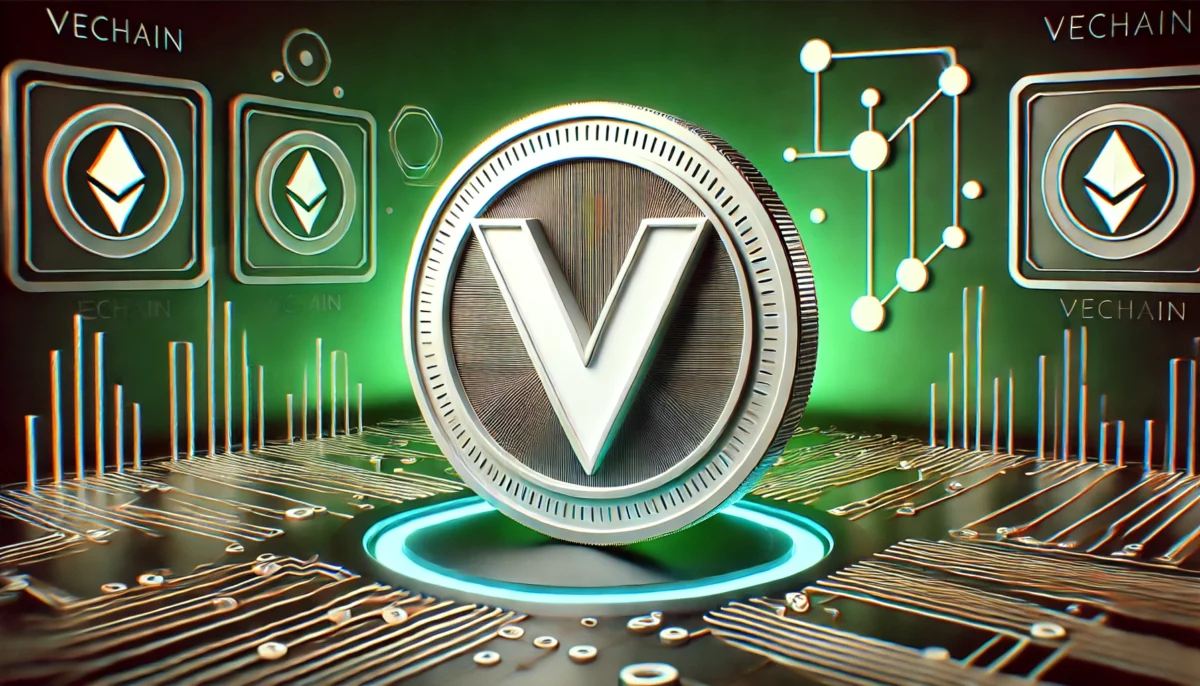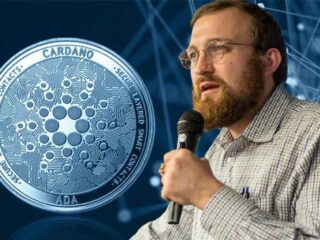
- VeChain and Rekord are working together to create the basic infrastructure for real world assets and digital product passports in the EU.
- Rekord’s V1 API is now live and offers full multi-chain integration.
VeChain and Rekord are planning one rapid development of RWA tokenization procedures. The two companies want to create the basis for DPPs in the EU. You are following the EU regulation ESPR – Ecodesign for Sustainable Products Regulation, i.e. for the environmentally friendly design of sustainable products.
With that become Digital product passports mandatory for many consumer and industrial goods. From 2026, companies will need to link detailed product information such as origin, materials, repairability and sustainability metrics with regulatory compliance and full lifecycle traceability. An X post says:
“Record is VeChain as the preferred public blockchain infrastructure partner, providing customers with a proven, enterprise-focused network for high-value, regulated use cases.”
RWA tokenization in the EU is making progress
VeChain brings a range of capabilities to the partnership including VeChainThorwith its Proof-of-Authority consensus model enforced by verified Authority Masternodes.
The platform is highly scalable and specifically designed for use in companies. It offers SDKs and APIs for connecting devices such as RFID, NFC and IoT sensors as well as ERP systems and middleware.
According to product passport best practices, large amounts of sensitive raw data are stored off-chain in ERP systems, data lakes and IPFS object stores. At the same time, cryptographic hashes are recorded on VeChainThor.
Rekord enables companies to capture and verify product and process data directly at the source. The system makes data streams tamper-proof without having to adapt existing systems, which significantly reduces the effort involved in introducing them.
Rekord also offers full multi-chain support, and its V1 API is already live and has successfully anchored its first real transactions on the VeChainThor blockchain. By enabling cryptographic credentials to be anchored on the blockchain, Rekord creates immutable, verifiable product histories that ensure transparency and regulatory compliance.
Vechain explained:
“Next will be the tokenization and digitization of products entering the European Union to meet regulatory requirements – a vision we have been working on since our founding.”







No Comments